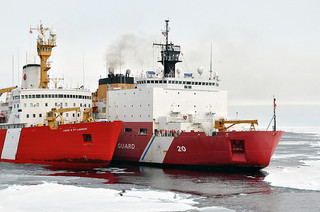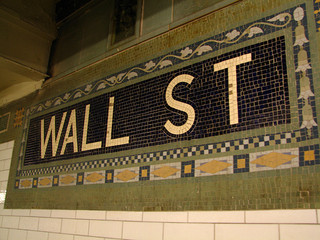Norway Has the Most Resilient Supply Chain

According to the 2015 FM Global Resilience Index, Norway has the most resilient supply chain of any country around the world. The index ranks 130 countries based on their risk mitigation plans, geographic position, investments, and economic stability. Norway scored so well because the country has minimal exposure to natural disasters, in addition to their economy and supply chain investments.
Switzerland came in second place because of their strong economy. Other countries that made the top ten include Qatar, Finland, the United States, Netherlands, Ireland, Luxembourg, Germany, and Canada. Qatar has a strong fire risk mitigation plan and Finland has a high level of public and private research and development investments in supply chain. Taiwan did not make the top ten, but they have moved up significantly this year because of improvements in the country’s risk mitigation plans.
Some of the countries that did not score so well include Venezuela, Tajikistan, Egypt, Pakistan, Jamaica, Honduras, Nicaragua, and the Dominican Republic. The majority of these countries have poor economies, political risk, and are susceptible to natural hazards. The reason why Venezuela ranked so low is their unstable macroeconomic environment, as well as high inflation and public debt. These are not good things for a stable or quality supply chain, even though Venezuela has massive oil reserves.
In the European Union, several countries dropped in the index. France trails Germany and Greece fell more than ten places. The rising risk of terrorism and unrest in Europe is mostly responsible for their decline, but several other countries around the world have also been making changes that improve their supply chains. FM Global will come out with a new list in April 2016. Europe will mostly improve as a whole and rank higher in the coming years. South America still ranks much lower than Europe as a whole.





